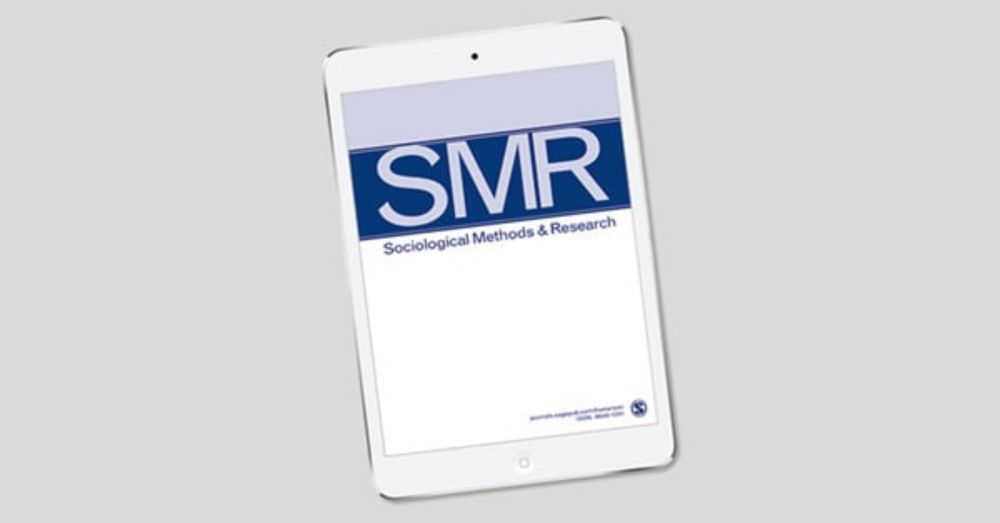
K Rutherford, @tiagoventura.bsky.social
K Rutherford, @tiagoventura.bsky.social
responsiveness.
@karstendonnay.bsky.social, @fabriziogilardi.bsky.social , @gloriagennaro.bsky.social, @dhangartner.bsky.social
responsiveness.
@karstendonnay.bsky.social, @fabriziogilardi.bsky.social , @gloriagennaro.bsky.social, @dhangartner.bsky.social

Current methods often employ BERT for authorship attribution. However, larger, modern LLMs (like GPT-4o) remain under-explored for this task. There's untapped potential here waiting to be studied.
Current methods often employ BERT for authorship attribution. However, larger, modern LLMs (like GPT-4o) remain under-explored for this task. There's untapped potential here waiting to be studied.
Tracking idea origins in scientific literature traditionally uses topic models or exact text reuse, often missing important conceptual linkages. Our method could clarify how ideas propagate through academic communities.
Tracking idea origins in scientific literature traditionally uses topic models or exact text reuse, often missing important conceptual linkages. Our method could clarify how ideas propagate through academic communities.
The study of content recycling ("memetracking") relies heavily on exact text matches. Using our approach could identify deeper connections—tracing the subtle evolution and spread of ideas.
The study of content recycling ("memetracking") relies heavily on exact text matches. Using our approach could identify deeper connections—tracing the subtle evolution and spread of ideas.
Plagiarism Detection:
Exact-text matching often misses subtle, paraphrased copying. Our approach could vastly improve recall, catching nuanced cases traditional methods miss.
Plagiarism Detection:
Exact-text matching often misses subtle, paraphrased copying. Our approach could vastly improve recall, catching nuanced cases traditional methods miss.





